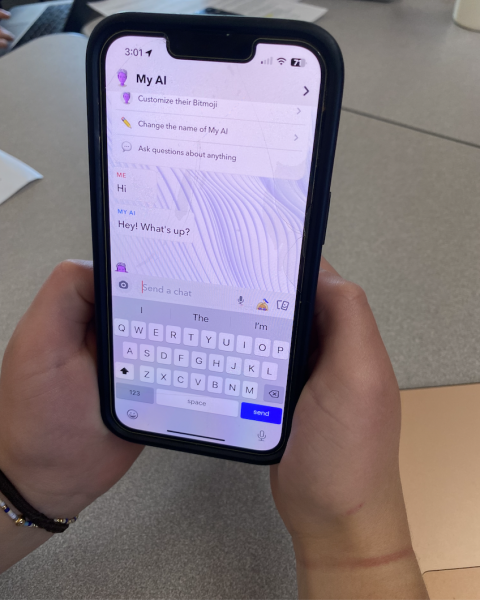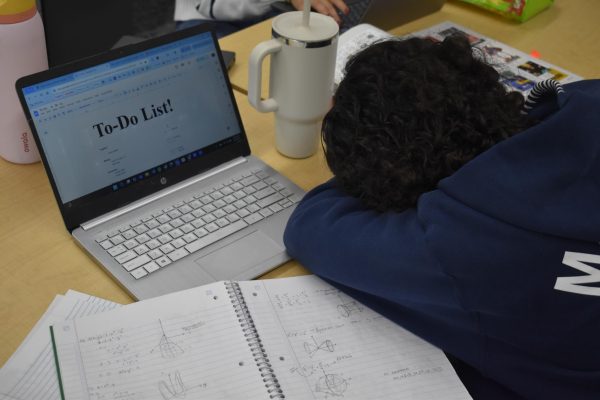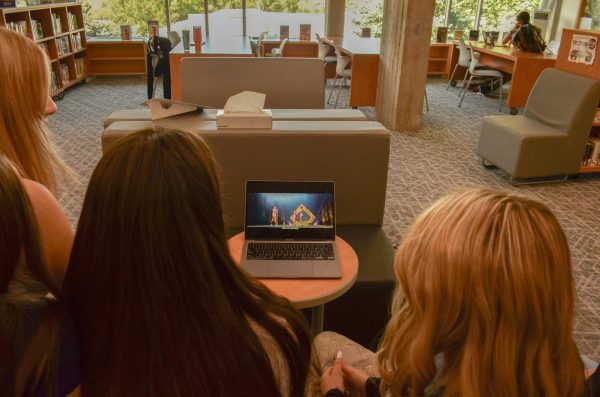IB exams: the before and the after
IB Exam sign outside of AHS Skier Dome where most IB Exams took place
The four weeks of IB exams held in May are some of the busiest times for seniors, and some juniors, during the second semester.
Unlike typical semester finals, IB exams are an opportunity for students to earn college credit. Seniors can complete their commitment to the IB diploma program and close their time at Aspen High School.
Because IB diploma candidates need a certain score – an average of a 4 (out of 7) or above – on their exam to graduate, the stakes are higher. Although these students have requirements to meet, all students need to take into consideration their desired scores and the amount of time they are willing to put in in order to achieve that grade.
Eileen Knapp, the Aspen High School IB coordinator, has helped the school prepare for the upcoming exams and is available to support all test-taking students.
“IB exams are a student’s opportunity to showcase their hard work and dedication to learning over the past two years in an IB subject. It’s the culmination of a commitment and closes out student learning in each IB class one at a time,” Knapp said. “Some students may earn college credit for their IB scores, but ultimately concluding IB courses by the completion of all IB requirements is the goal and a great achievement.”
An AHS senior, Edie Sherlock, will be taking multiple exams this May.
“I’m obviously a bit nervous as it’s an exam, but it’s also the last thing that we really have to do for high school, which is so crazy,” Sherlock said.
To help students get through these challenging weeks, 2019 AHS graduate, Rose Becker, has some insight from her exam-taking experience.
“I wish I had known that many of the exams looked exactly like the practice exams that teachers gave you to prepare. Because of this, it’s important to consider the value of the practice exams. Also, looking back with more perspective now, take a deep breath! It really won’t matter as much as you think in the long run,” Becker said.

































